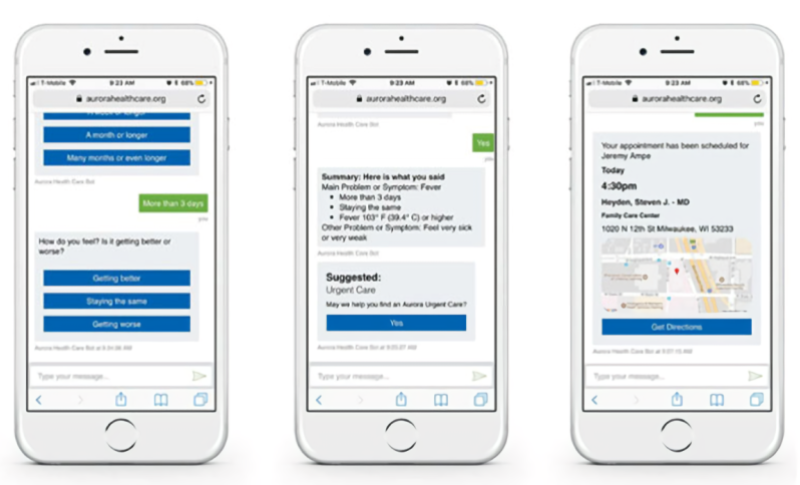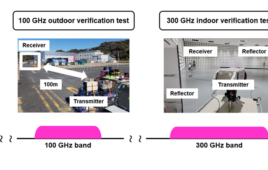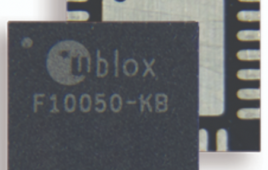Chatbots are a new craze in the medical technology sphere. For people who are homebound or struggle to find rides to and from the doctor’s office, chatbots offer another means of communication between patient and physician. A published survey by Statista shows that 27 percent of people would prefer to have their personal health questions answered by virtual assistants. So for those too shy to ask their doctors embarrassing questions, a chatbot provides them with an option.
Another study published by Juniper Research found that chatbots have the potential to save $8 billion by 2020. One of the companies looking to expand on this is the tech giant, Microsoft. The company has been dabbling in healthcare chatbots for several years, launching Health Bot within Microsoft’s Azure. The idea behind the bots was to deliver a platform that enabled care providers to deploy text, voice, and touch-response experiences that can reply to questions and integrate with Skype, Cortana, Facebook, Slack, SMS, and other media.
Microsoft describes their Healthcare Bot as a “Dialogflow-like bot design suite tailor-made for health care scenarios.” Developers are able to construct symptom checkers within a conversation that tap into built-in triage protocol databases. In addition to responding to medical questions, the healthcare chatbot can look up or schedule appointments and find doctors in the area.

[Image Source: Microsoft]
Hadas Bitran, head of Microsoft Healthcare Israel, says, “Customers don’t have to start from scratch. The Healthcare Bot service has content knowledge such as a symptom checker and information about conditions, medications, and procedures. It has language models trained to understand healthcare terminology. It understands if you are complaining or if you are asking about what doctor you should see or if you are thinking about the side effects of a medication.”
Through the Healthcare Bot, pharmaceutical companies, insurers, providers, and payers can complete tasks from one centralized portal. All data is encrypted and follows the Health Insurance Portability and Accountability Act (HIPAA), a U.S. law that protects medical information.
The Healthcare Bot is just part of Microsoft’s Healthcare Next initiative that will allow healthcare partners to develop innovative healthcare tools that implement AI in healthcare.
“Virtual assistants will never replace medical professionals,” says Bitran, stating that the bots will never make a diagnosis or offer treatment. “That is not what they are for. Rather, virtual assistants help ease the burden from the healthcare system, helping medical professionals optimize their time.”




